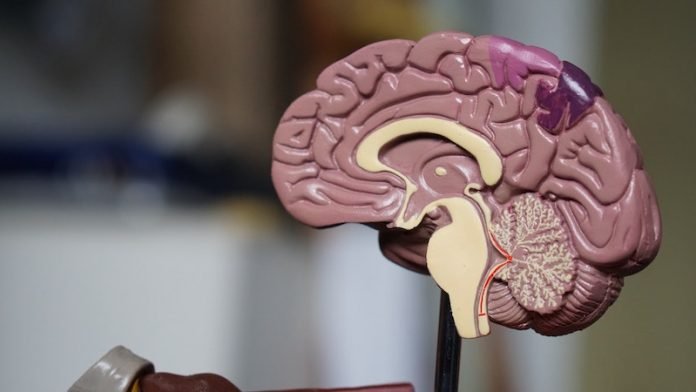
In a new study, researchers found that it is probably the immune response to, rather than the virus in itself, that causes sudden confusion and other symptoms from the nervous system in some patients with COVID-19.
The research was conducted by a team from the University of Gothenburg.
With the accumulated experience of the disease, it has become evident that symptoms and signs from the nervous system is common in patients suffering from COVID-19.
Symptoms reported in the acute phase of the disease have included, for example, delirium, personality changes, and memory problems, all of which are signs of brain impairment or failure.
These signs occur more frequently in more severe cases and are usually temporary.
To date, it remains unclear whether SARS-CoV-2, the virus causing COVID-19, has the capacity to infect the brain and central nervous system directly.
In the current study, the team found that more likely, the patient’s immune response is what may underlie the effects on the nervous system.
In the study, cerebrospinal fluid (CSF) samples were taken from six hospitalized patients with moderate or severe COVID-19 and signs of brain impairment.
The samples were analyzed for biomarkers that reflect how the brain is reacting to infections.
The team found every patient showed markedly elevated levels of the inflammation (immune activation) markers neopterin and beta-2-microglobulin.
This suggests strong activation of the brain’s immune cells. In two cases, an increase in the protein neurofilament light (NfL), a marker that is sensitive to nerve-cell damage, was also seen.
On the other hand, no impact was observed on markers for damage to the blood-brain barrier, local antibody production or a raised white-blood-cell count, which are otherwise common in virus infections in the central nervous system.
As for proof of actual SARS-CoV-2 invasion, the results from the analysis were uncertain, but most indications are that no virus was present in the cerebrospinal fluid, at least not to any strong degree.
The team says overall there is an unusual picture with marked inflammation and sometimes nerve-cell injury, but without recruitment of immune-system cells from the bloodstream, detectable virus or damage to the blood-brain barrier, which are usually found in viral infections in the brain.
The researchers emphasize that the mechanisms behind the symptoms seem to diverge from those of other viral infections.
One author of the study is Magnus Gisslén, Professor of Infectious Diseases at Sahlgrenska Academy.
The study is published in Neurology.
Copyright © 2020 Knowridge Science Report. All rights reserved.



